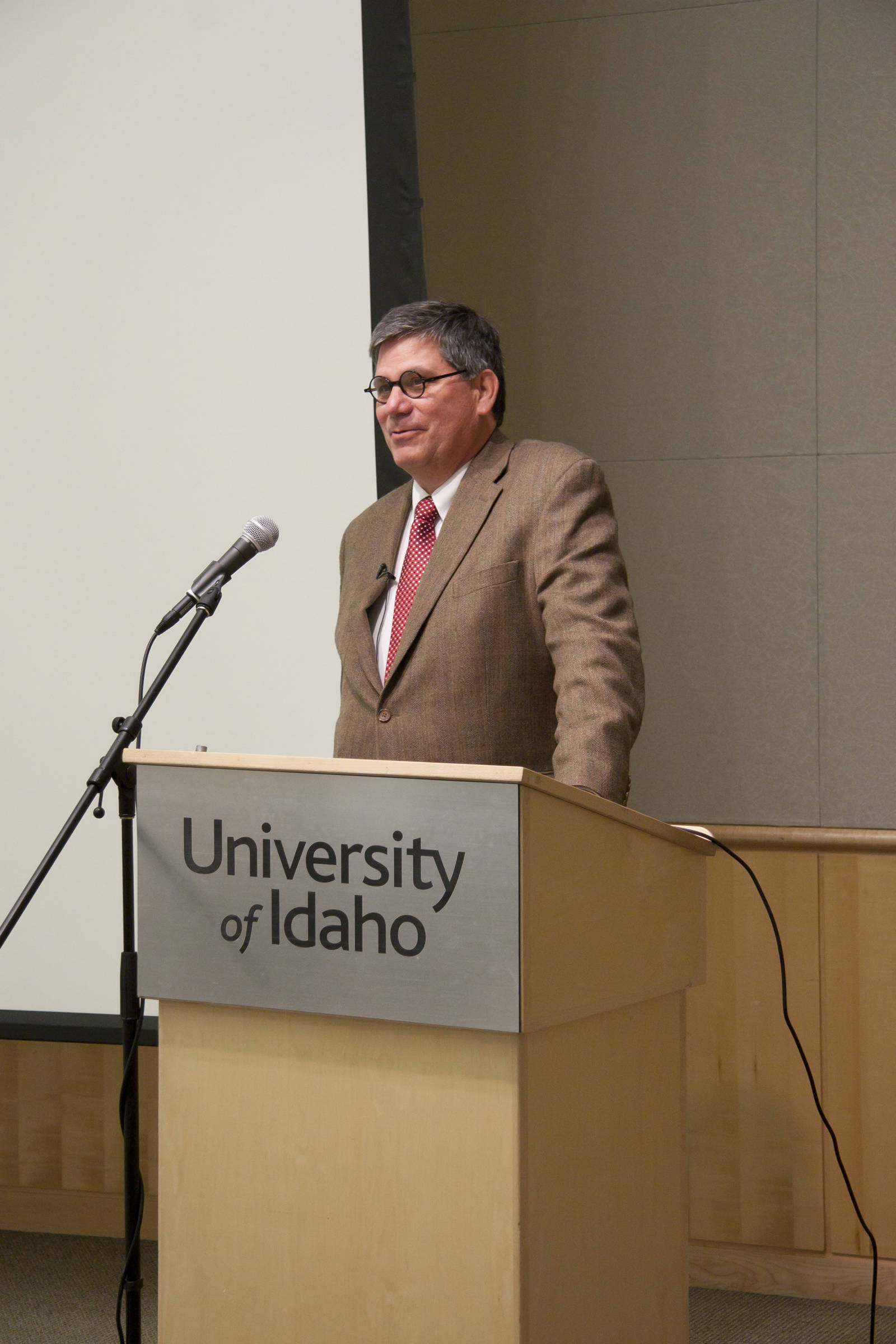ABSTRACT
As the country -- as the world -- begins dramatic changes because of demographics and climate change, we need to think about the stories we tell. For so much of America, the story has been about growth, but does that story ring true when the world of young people today is about less? We already live in smaller houses, we earn less, we drive less, indeed, in this era of contraction, a world of less will define our prospects.
In the business world and in government, the new narrative has been a transition phrase, the idea of "more is less." In another words you can do everything you did last year but with fewer resources and perhaps people. But that narrative is hollow at best. People cannot build a story of success based on a frenetic pace. We need a new way of describing a world of less in a way that makes sense to someone navigating that change (or, more important, for young people, looking to begin a career in an arch of chaos).
So what stories do we tell about less?How can we make less seem successful, both as a story and as a way of living? More or less can be the same story, perhaps retold from a different perspective in the wheel. A story told from the opposite spoke. The lecture will include examples of the same story told in a different form.
BIOGRAPHY
Mark Trahant is the author of "The Last Great Battle of the Indian Wars," published last year. He is a member of Idaho's Shoshone-Bannock tribe and former president of the Native American Journalists Association. Trahant is the former editorial editor for The Seattle Post-Intelligencer and in 2009 won a Kaiser Foundation media fellowship to examine the Indian Health Service and its relevance to the national health reform debate
For more information: Rodney Frey



